
Contempt Checkpoint — Lessons Learned, Book Summary, and Audience Clarity — From The Garden to the Cross
With the final exploratory episode of my next book project, From the Garden to the Cross, finished, I’m now taking a step to reflect on the journey.
These 13 episodes of discovery conversations compose the chapter outline of the book (click the names below to visit the individual podcast discussion episode).

- The Garden
- The Betrayal
- Questionable
- Denial
- His Betrayer
- What is Truth?
- For Herod's Amusement
- Pilate's Clean Hands
- The Crosswalk
- Crucified and Mocked
- The Cross
- His Word For Us
- His Prayer for Us
This discussion series was an evolution of what I did with Path of the Freelancer where I met with a group of freelancers for a year in 2016 to work through the content, get feedback, and be accountable for self-publishing my first book.
Taking that root idea, I added the layer of recording the discussions as episodes on the Share Life podcast and opening it up to a larger group of people to participate and watch. While I expected this process to be a fruitful one, it was more meaningful and beneficial than I had expected (thanks to the wonderful people, listed below).
With most of this year focused on this research and discovery, I’ve only written about 25% of the book so my next stage is to shift towards finishing the draft of the book and then subsequently editing it. I’d like to publish the book by Easter 2022 but I suspect that’s overly ambitious, so I'm holding out that goal with an open hand.

Surfacing My Contempt: Personal Lessons Learned
"Well, you know, all my life I've been running away from that name. That's why I wouldn't tell anybody. But I've been thinking about it. All this time I'm trying not to be me. I'm afraid to face who I was. But I'm Cosmo, Jerry. I'm Cosmo Kramer. And that's who I'm going to be. From now on that's who I'm going to be. I'm Cosmo!" - Kramer, Seinfeld, Season 6: Episode 11 — The Switch
As one would expect, the discovery journey of this book has been a personally transformative process. Gazing upon Christ and the cross acts as a mirror into ourselves and humanity in ways that are invisible outside the crucifixion’s power. God has used it to work out more of my brokenness. In particular, there is a connection to my past that this process has illuminated; requiring further rectification.
When I shut down my marketing company in 2014, it was preceded by a roller coaster of traumatic emotional experiences (from the past that came before it) which led to a transition into the life I’m now living. During the last leg of that overwhelming season, I was compelled to finish well. That thought connected me to the idea where Jesus cries out on the cross, “It is finished.” What better person could teach me to finish well than the master finisher?! That was the seed of my book idea. It’s taken me seven years to get back to that concept and develop it into a book. It seems the journey was necessary to prepare me.
As a result of that transition, the years that followed (and preceded it) God has transformed me. He’s grown and changed me in profound ways. Now there is a starker contrast between who I was and who I am now. But instead of filling the gap entirely with God’s grace, this project has shown me how I’ve instead filled some of it with contempt (meaning; deserving of scorn).
Since I made the life transition in 2014, the contempt has been there, but I’ve realized that I’ve unconsciously shielded myself from seeing it fully. And where I didn’t or couldn’t shield myself, I often overlaid it with other more palatable coverings. The reason I know it was there is because I’ve had clues along the way. But, it wasn’t until recently that I could put all the clues together to see it clearly.
For example, when I’ve come across people since the transition in 2014 who were not responsibly operating (in their personal lives and business world) and were instead operating like I used to (when I was less mature and more broken) I’ve had a negative emotional reaction them. I wrongly elevated myself and looked down upon them. While someone being irresponsible is a problem, I used my responsibility and their irresponsibility to separate myself from them, to create two categories; me and them. Contempt breeds entitlement moving us from serving others to being served by them. And, entitlement more easily justifies wrongdoing. Undealt with, this sin can grow into something much worse. That's something I discovered at a deeper level reading about some of the worst horrors in history as part of this discovery process.
What I came to realize was that my contempt was not directly aimed at these people who "triggered" me; My contempt was at past me and these people just happened to remind me of that old version of me. There was something underlying with how I saw my past self.
Contempt is problematic. It is a seed that eventually fuels horrific evil behaviors, with a justification for doing good. It's led to major atrocities across history.
"We are often asked as if our past conferred a prophetic ability upon us, whether Auschwitz will return: whether that is, other slaughters will take place, unilateral, systematic, mechanized, willed, at a government level, perpetrated upon innocent and defenseless populations and legitimized by the doctrine of contempt..." - Primo Levi, The Drowned and the Saved (affiliate link)
Primo goes on to say that's he's unsure of whether a tragedy on this scale will happen again, but he does believe that it's certainly possible and if the circumstances are right, inevitable. For many people this contempt may simply lead to smaller-scale actions likes violence on others or oneself.
And, condemnation without redemption leads to even darker places. Amanda Ripley, author of High Conflict (affiliate link) says the following.
“...anger is good because it assumes that you want the other side to be better. Hatred and contempt are not easy to work with because it assumes that there is no redemption and annihilation is really the only logical solution. So there’s a difference between anger and contempt and hatred that you can measure in the research.“ - Amanda Ripley, Persuasion Podcast: How To Avoid High Conflict
Contempt is not something to mess around with or entertain. It's something that must be addressed inside of us, and as early as possible. In America, right now, we have an addiction to contempt. Unfortunately, this deeply rooted problem inside of us has only one solution.
"What the world needs is not “a little bit of love,” but major surgery." - Oswald Chambers, The Right Kind of Help
The problem is serious.
And, if you're not sure how you could commit atrocities across history, or the human-induced tragedies before us today; contempt is a pathway, even unknowingly. Perhaps most of us are spared the terrible manifestation simply because the circumstances have not provided us a pathway to act it out (Christians included). But simply look at history; go learn about the church's roles in the Rwanda genocide.
Darkness and sin, even ones we believe we've overcome, have a way of coming back again and again. While this time didn't elevate to that degree, I have experienced this type of cancerous contempt growth through another project during a painful season of my life. Thank God I failed at the effort and He interceded.
Thankfully, there is a way out, through intercession made possible through the cross.
"God never gives us discernment so that we may criticize, but that we may intercede." - Oswald Chambers, The Distraction of Contempt
We are to allow God to work out our contempt and pray for those with whom we feel it.
Past me needs my grace as well as those who remind me of the past version of me. As much as I feel that past me was a broken man worthy of scorn, I must look at past me as the way Jesus looks at me (then and now). I don't need to get as far away from past me as possible because of how badly I screwed up. Instead, I can face that reflection directly.
At the same time I had contempt for my past self, I also coveted old me too. There was a carefree visionary that lived the way I wish I could live now. I wish I had the luxuries past me had. Ironically past me coveted aspects of current me (that were manifest in other people). Now being in the other side's "shoes" gives me a better perspective of the whole picture and not just the "grass is greener" quick look.
It's complicated. I'm a bit messed up, but so are we all. Thankfully, we have a master healer.
One of the things that really helped me in this project so far was deeply diving into how Jesus entered the passion and saw the disciples: the Romans, the religious leaders, and everyone who cast their scorn on Jesus. They were screwups, failures, broken, malevolent, and yet he still loved them. He still forgave them. He looked at them with grace. He allowed their contempt to fall on himself.
Life is a tragedy. The cross provides redemption, a light of hope (through Jesus' resurrection) for this dark reality we live. Without redemption, it's impossible to reconcile the darkness we face; we're forced to bury it deep inside ourselves.
And that’s what I’m working through now. To see me with the grace Jesus sees me. And to see others with that same grace; To love my neighbor as I love myself.
It’s not others who need me to help them because of how broken they are and how together I have it but rather to see myself as the same as them and as two people who have something to offer each other both in need of Jesus. And if there is a difference it’s nothing of my own, but only God’s sustaining presence in me. Should His grace recede I would quickly collapse back into my corrupted self. To believe I’m exalted by my own efforts leads me to falsely believe I can lift others up on my own, without God doing the heavy lifting.
This was a revelation that came to me during the transition period regarding the season prior to it, but things unraveled and shifted so fast during that season that I had to move forward with life and did not have a chance to work through it. The last seven years have been God working this out in me at a whole new depth. This project has been another layer in the process to see what he sees. And, to seek God's point of view.
While it may seem anxiety-inducing to face this revelation and courageously go into the abyss of my spirit, it is made possible through Jesus' crucifixion. His finishing work allows me to see my depravity and righteousness in their fullness, and instead of being condemned, be relieved from the revelation. My bad news is made good news; demonstrating the power of redemption.
"He made the one who did not know sin to be sin for us, so that in him we might become the righteousness of God. - Paul the Apostle, 2 Corinthians 5:21
There’s certainly more to come as I continue working on the book and live life. May God continue to fill these gaps with a grace that I’ve instead filled with corrupt alternatives.

Harmonizing Theological Lessons Learned
As I’ve written the book, I’ve also had multiple intellectual insights and lessons learned.
As part of the book structure, I had to harmonize the Gospel accounts about Jesus’ passion journey. Accomplishing this was more difficult and time-consuming than I expected and it delayed my progress in writing the book. But the exercise increased my appreciation of the scriptures as well as providing me with a newfound personal realness regarding the historical accounts of Jesus’ life. It became more clear to me that this was written by real people about a real event. The humanity of these writers is visible and it was an unexpected benefit of the project discovery process.
Another layer of unexpected power in the story was seeing the scope and scale of what happened in the passion. Harmonizing and reflecting on these accounts of Jesus’ story is epic. The grandness of what happened, how it happened, and why it happened is Lord of the Rings-esque. Understanding the spiritual realities further amplifies this dynamic.
Another interesting insight about the passion story is the interdependence of the gospel’s details. There are parts and pieces that are only found in one of the accounts and it’s gripping to think that if one account was lost, the full story would be less known to us.
Another area of discovery was recognizing the lack of clarity most Christians have on many of the questions surrounding the cross. What does it mean when we say Jesus died for our sins? How did that actually get worked out? How does it apply to us today? How does it shape our future? Before, I accepted these conclusions. Now, I want to understand the mechanics of what we can know and accept mystery where we can’t. What we think is true about the event of the cross is interpreted through the Old Testament, the gospels, the epistles, the Christian tradition, and individuals who have arisen out of those traditions. Something universe-shattering happened and Christians have been sorting it out since; and what it means for us today and going forward.
And on that note, the exploration of Jesus’ atoning sacrifice on the cross has given me a greater appreciation and love for the Old Testament. Seeing the Jewish Scriptures through the eyes of Jesus’ crucifixion changes how we see them. The deeper we go with the cross, the deeper we understand the Old Testament.
Lastly, I’m super grateful for the numerous resources I’ve sought out, stumbled upon, and of which were recommended to me. They’ve enriched me and will make the book exponentially better.
Book Overview — From The Garden To The Cross
In addition to writing the book, I've also thought through how to communicate what is the book about and who is the ideal reader. Here’s what I’ve come up with.
Book Title
From The Garden To The Cross
Working Subtitle
How Jesus' Harrowing Mission Paves The Way
Summary:
The further Christians get from Christ’s crucifixion on the cross, the more we become like the betraying and fleeing disciples, the hypocritical religious leaders, and the violent Roman authorities that arrested, tried, and killed Jesus of Nazareth.
From the Garden to the Cross takes the reader through the documented experiences of Jesus in the Garden of Gethsemane through his crucifixion while framing and applying these moments in personal and culturally relevant ways for the Jesus follower to apply in their life, family, and community today.
By the end of your read, you will see your deep need for redemption, God’s means for providing it, and the model of what we become by embracing this gift of grace.
Working Book Cover
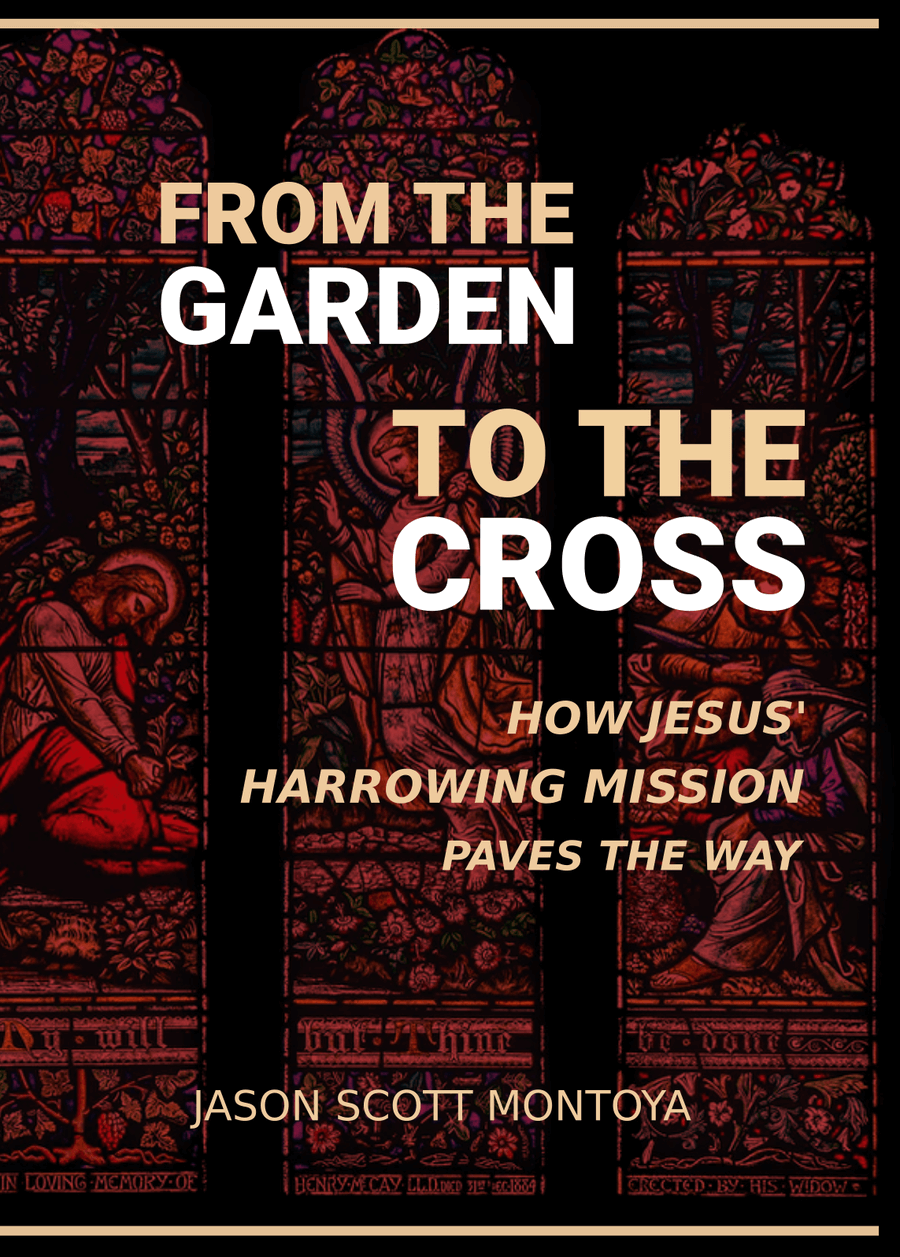
Who Is This Book Written For?
My primary reader (we’ll call him Sam) realizes that life gets difficult when tragedy strikes and suffering ensues. But Sam also realizes that we can make the suffering worse by how we enter, endure, and recover from it. So instead of resisting it, he chooses to proactively prepare and engage with the difficulty of life starting with the one who embraced suffering as part of his greater mission; Jesus. It won’t be easy for Sam, but in light of life’s tragedies, going to the cross to discover the redemption made possible is our only way, outside of utter despair, forward.
The second reader (we’ll call her Sarah) is a disillusioned Christian who looks across the church in America (and perhaps herself) only to recognize that the church seems no different than the secular people around them. Sarah is at a crossroads of faith wondering many of the following questions.
-
Why are Christians often so unlike the Jesus they follow? Why do politics and power often and primarily inform faith?
-
Where is the transformative power of Christianity in the lives of America’s Jesus followers? Why does it seem the church is becoming less like Christ instead of more?
-
Is the version of Christianity I’ve been taught a shallow, false, or twisted conception of why Jesus really came? Have I bought into a false gospel and developed a false set of beliefs that inform my contempt?
-
Before I walk away, what would happen if I engaged with the source of Christianity, Jesus at the cross, once more?
Sarah knows the depth of our collective depravity but lacks the satisfying response to the brokenness of this world. This book will illuminate the power which transcends and addresses her questions by taking her to the source of what makes our redemptive pathway possible.
Thank You
I’m deeply grateful for the people who generously gave their time in participating in these conversations. This is a project that cannot be undertaken alone and I’m grateful for the following folks who have helped carry the burden (cross).
- Allison M Miller
- James Karwisch
- Todd Miechiels
- Thomas Horrocks
- Benji Hollis
- Nick Bryant
- Addison Williams
- Allen Helms
- David Cline
- Ashley Williams
- Talitha Minton
- Jonathan Stover
- Chi Chi Okezie
- Len Wikberg
- Ivan Alfaro
- Craig Haynie
- Akilah Charlemagne
- Ray Souza
- Jason Long
- Toby Bloomberg
- James Rowell
- Traci Rhoades
- Greg Goodrich
- Jeff Fambrough
- Rachel Darnall
- Rachel Enns
- Angela Rainwater
Explore the episode conversations with these wonderful folks here.
Wrapping Up
This transformative project is something I look forward to sharing with others. And, since I know I’m only partway down the road, I ask that you pray for me as I continue; that I may glorify God and build up others in the faith.
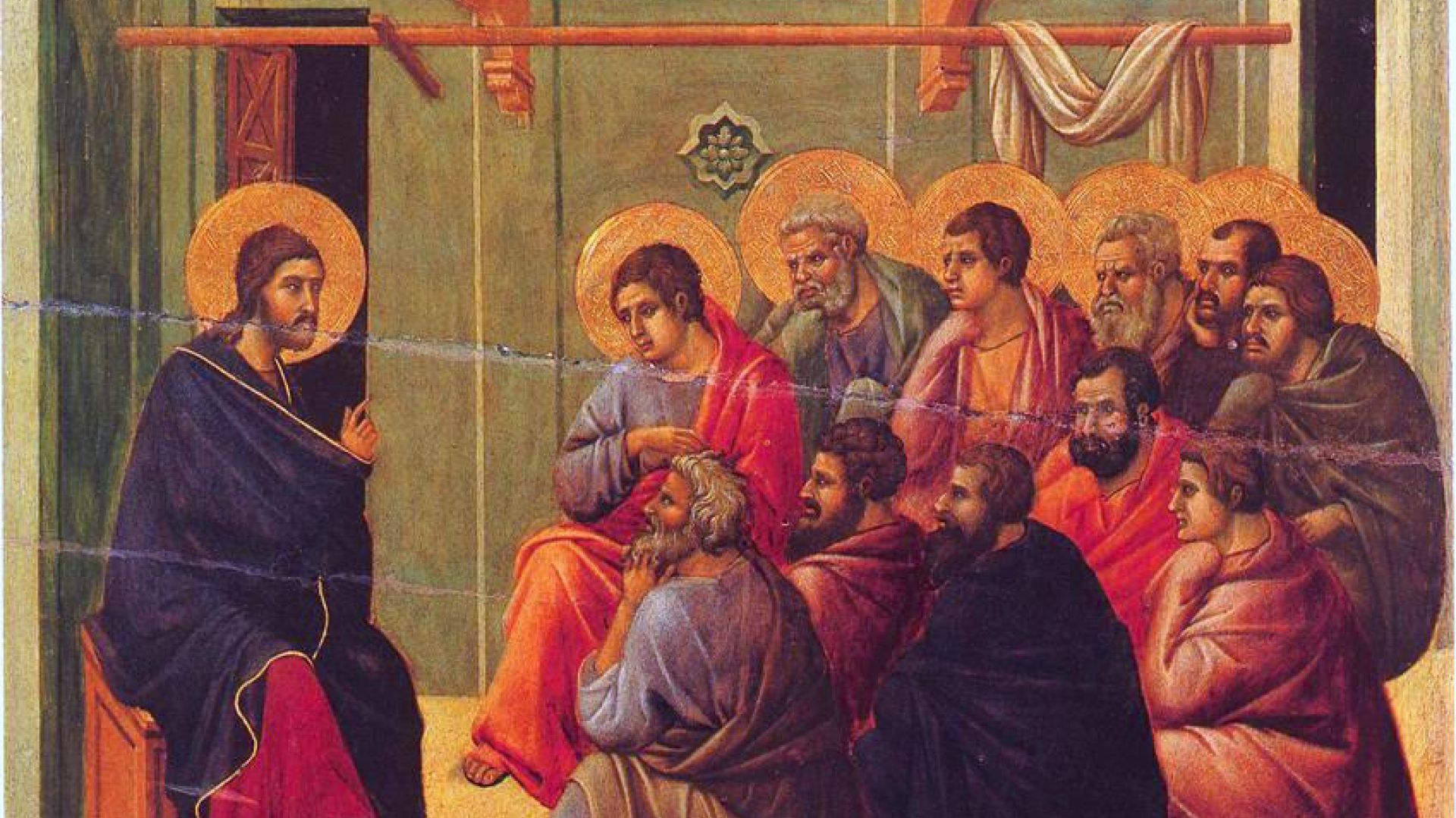



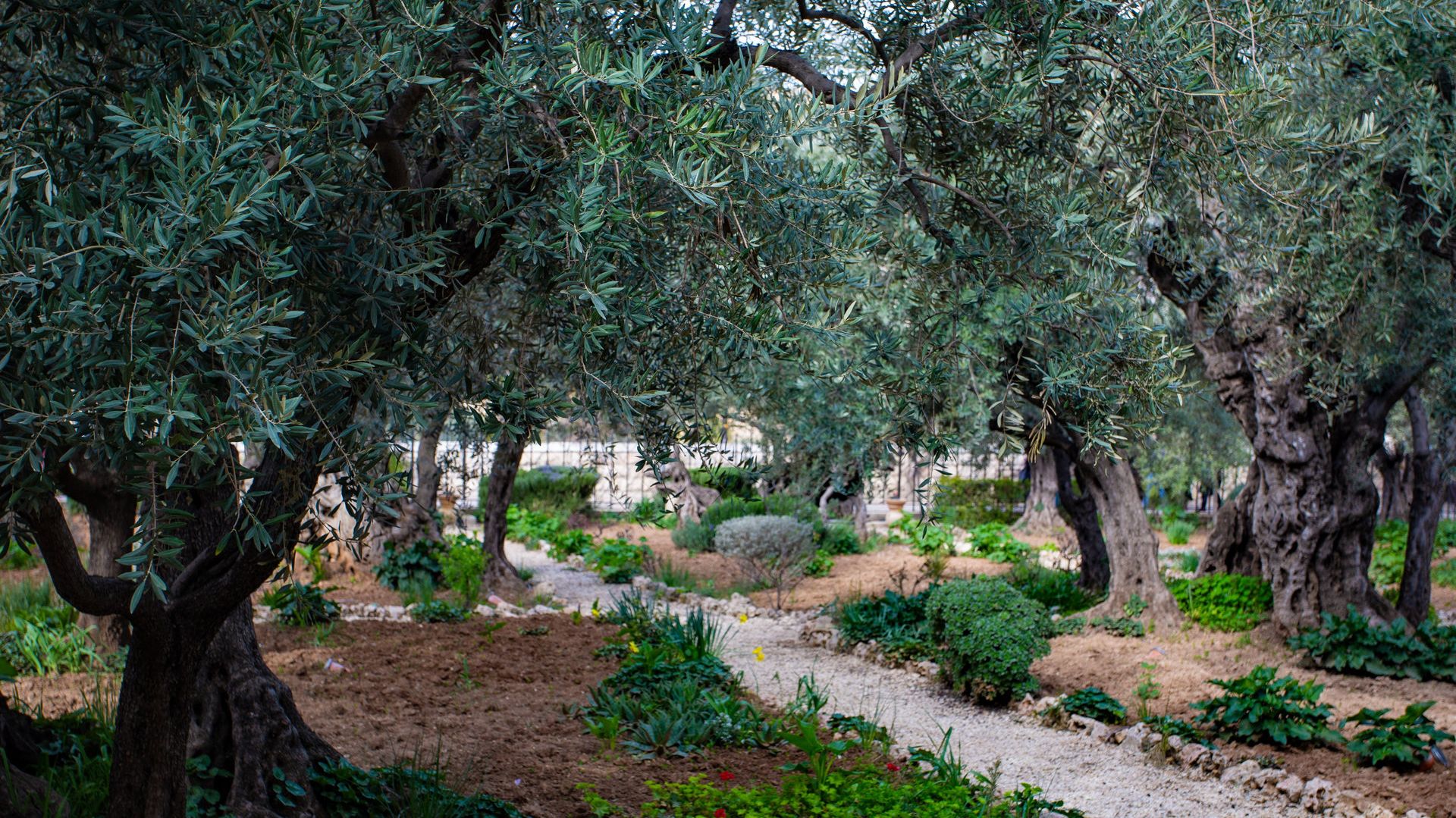
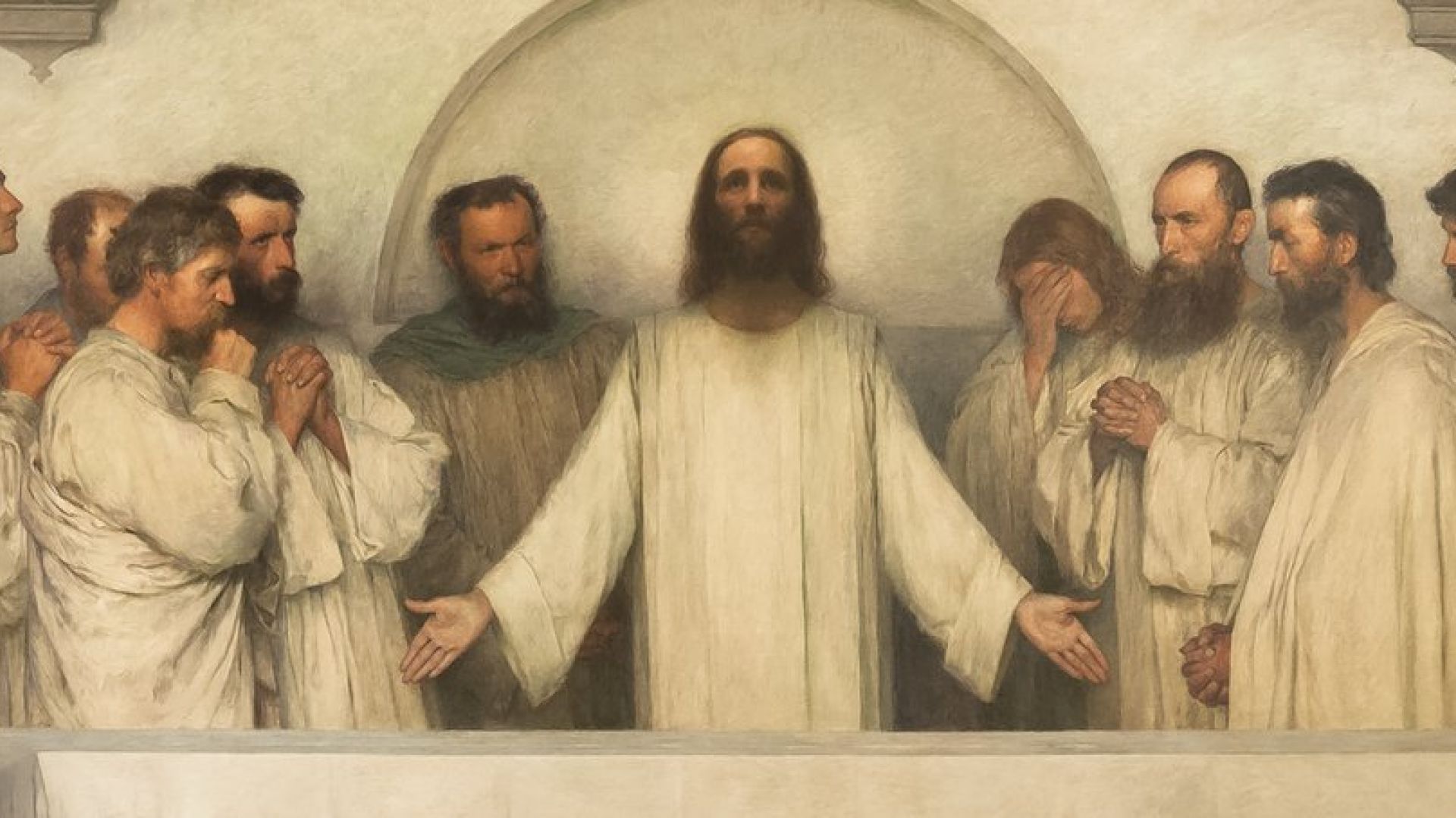
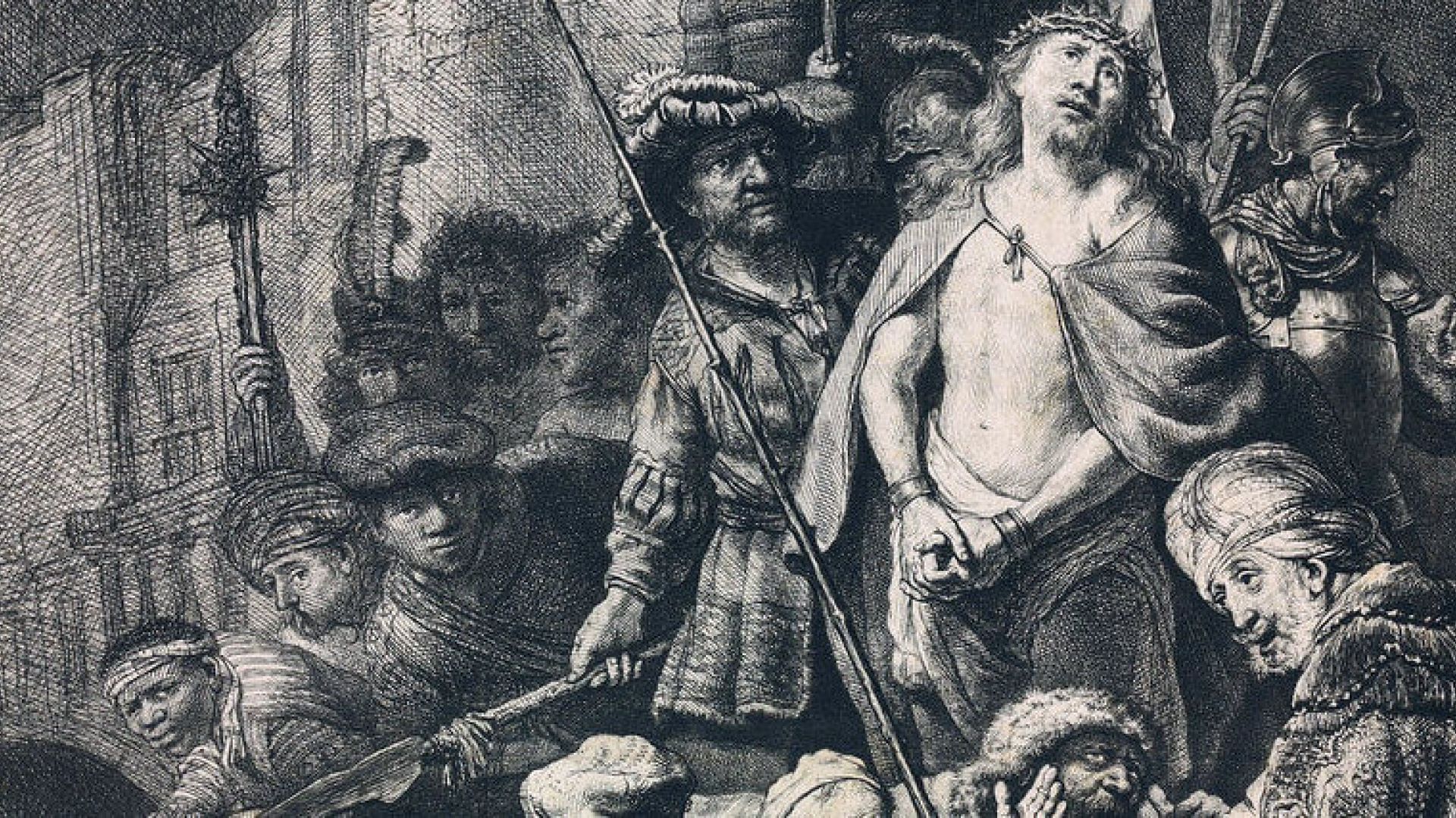


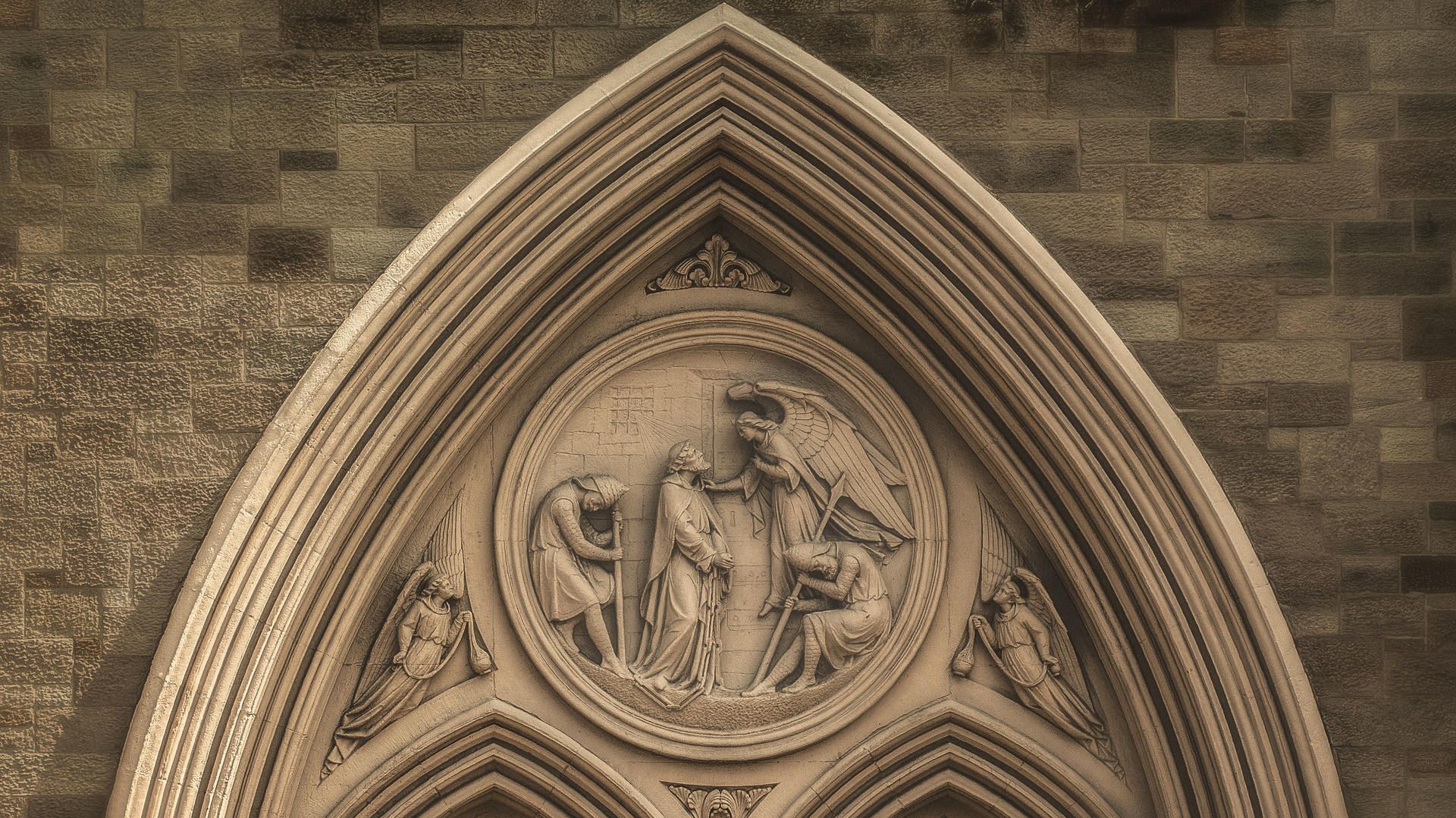

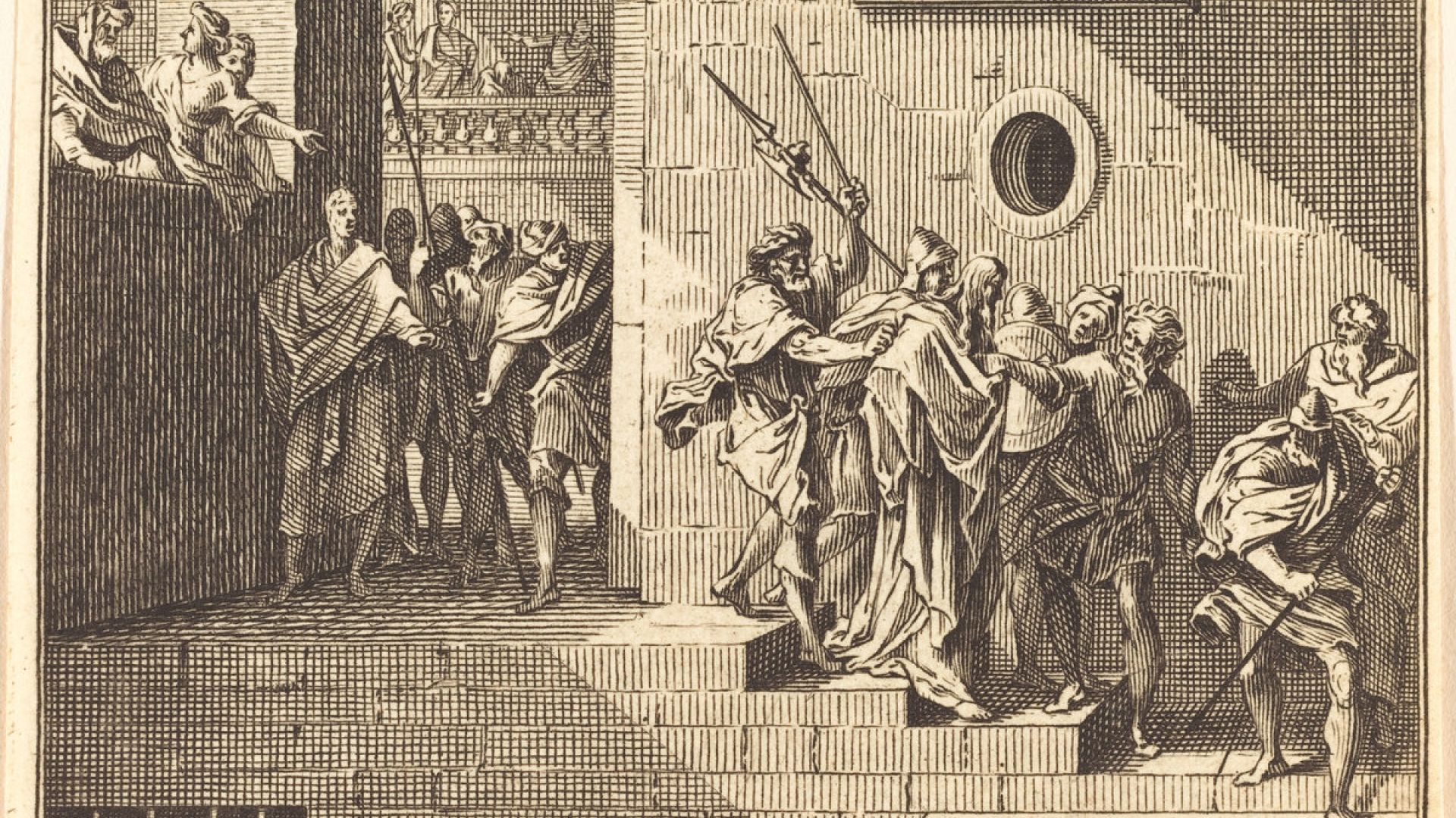
![America Together [Documentary Film Project]](/templates/yootheme/cache/82/america-together-900-823d780d.jpeg)

